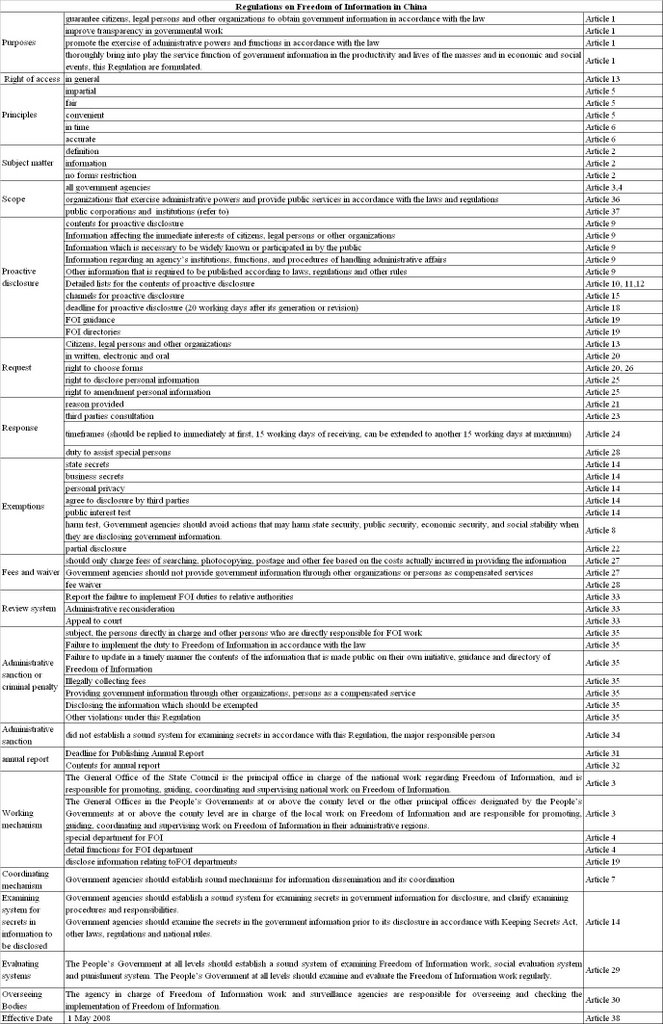Review on Freedom with Information: Electronic Government, Information Intensity and Challenges to Citizenship
Taylor et al argue that electronic government increases sharing data regarding inter-agency working and intermediaries’ enhanced services and enable to provide personalization of online public services to citizens by government agencies through, for example, the personalization of public websites. However, the concept of layered citizenship arises when the government runs the Gateway project to provide one-stop electronic services. More personal information is captured by government agencies which enable them to classify or sort citizens into some groups for providing personalize service. As a result, the building of citizen trust profiles, personalization and forms of social sorting for conventional e-government services or security reasons challenge the nature of citizenship. The challenge not only comes from the concept of glass citizens who can enjoy the conventional public services at the cost of privacy as they can easily be monitored and scrutinized through digital transaction records, but also from sovereign citizens who are self-directing and easily organize, travel to and deploy forms of terrorism beyond the purview of the individual nation state. Finally, the author argued that an effective freedom of information legislation must consider the new developments of electronic government and provides a clear normative view of citizenship. In the information polity, the status of information flow the relationships between departments of government, between government and other agencies including voluntary and private sector bodies, between administrator and politicians, and between the governmental system and the citizen are changed. Many questions can be deduced from this change and it deserves further research.."> " title="permanent link">#

No comments:
Post a Comment